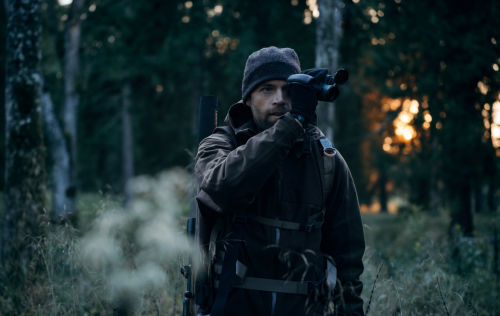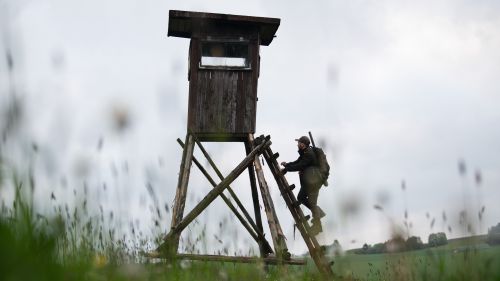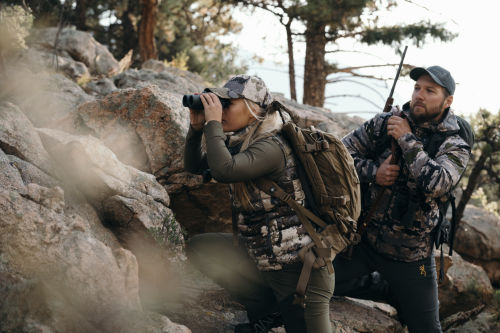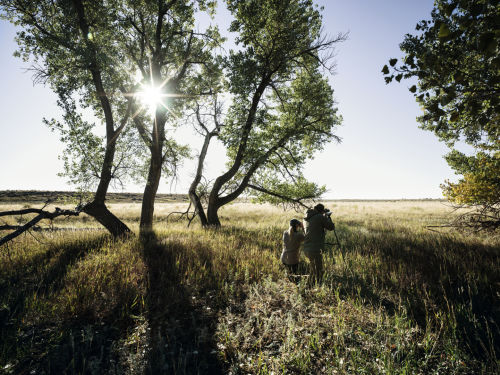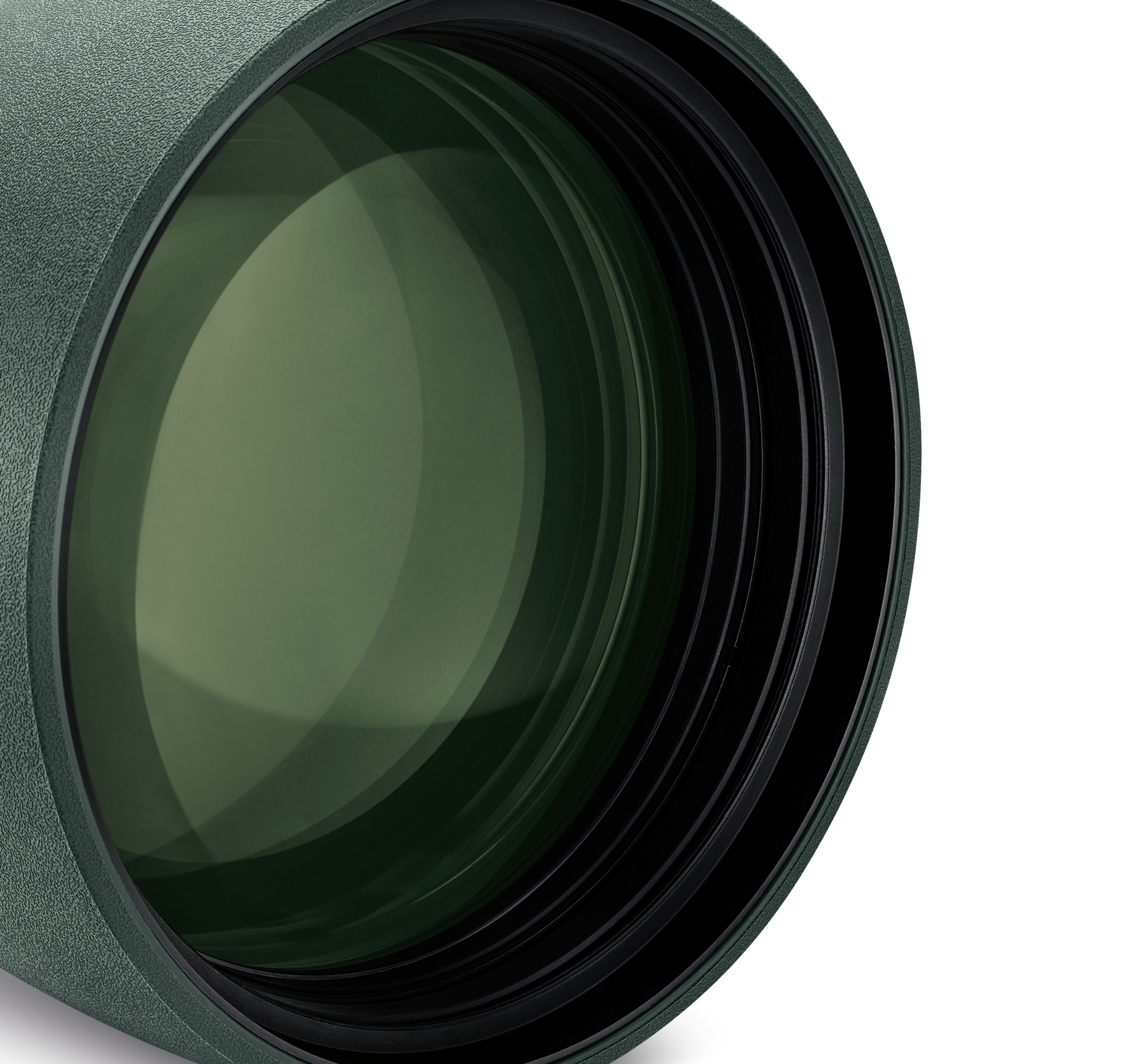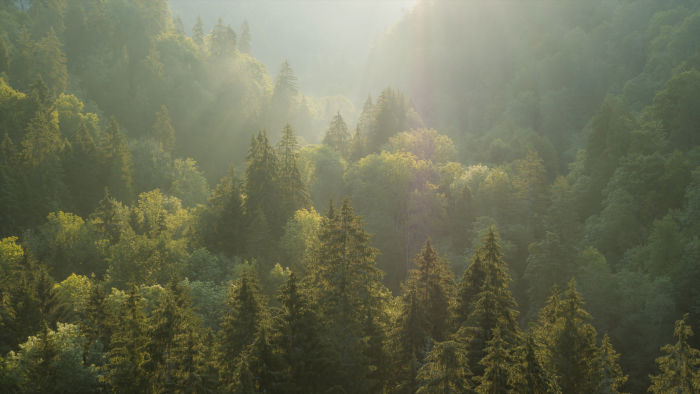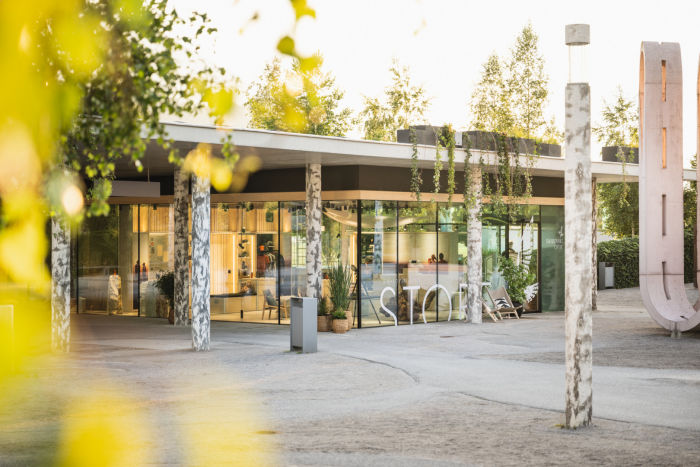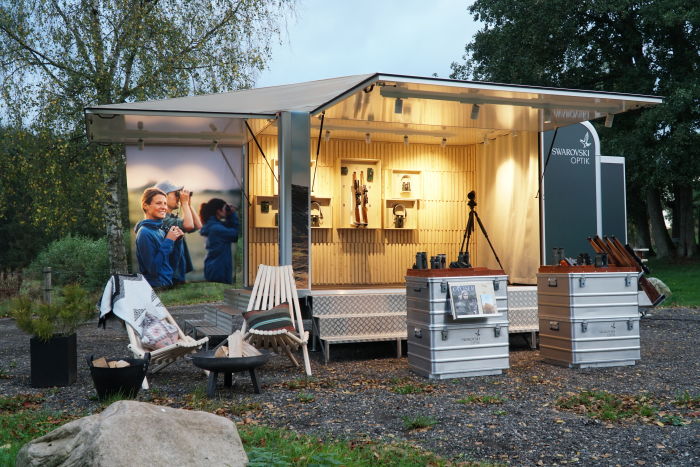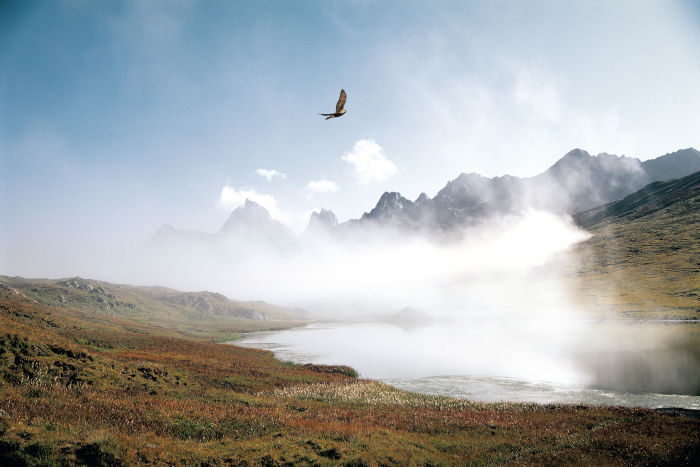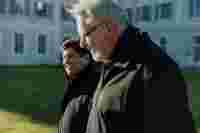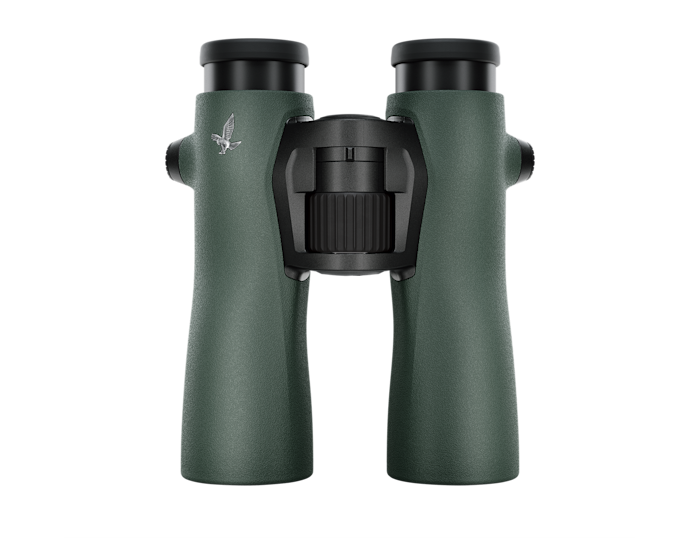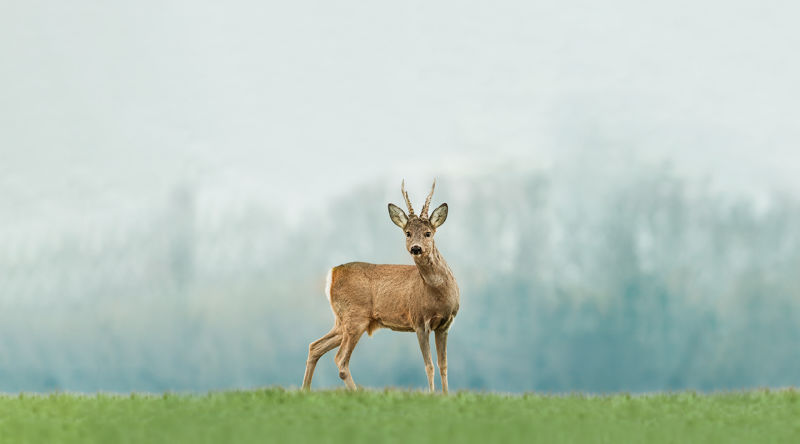“If hunting were considered a sport, I would be against it,” says Markus Moling, a philosophy professor and priest from South Tyrol, Italy. His research focus? Ethics, in particular environmental and animal ethics. In the fifth episode of our podcast, he talked to us about ethics and hunting and explained why the two are not only a good match but a necessary one.

Spirituality, nature, and hunting
Markus Moling feels an intense connection to nature
Markus Moling might not be a hunter himself, but he has had many interactions with hunting since he was a child: his grandfather was a game warden, and his father has always been a nature enthusiast. The two men instilled this enthusiasm for nature in him. To this day, he still feels an intense connection to nature, especially when he is out watching birds. He is particularly fond of grouse: “These birds have very distinctive courtship behavior and perform dances and fights in their traditional mating grounds. It is very exciting to watch them.” Markus Moling likes to observe this spectacle often, sometimes accompanied by hunters who are monitoring the populations of capercaillie, black grouse, and ptarmigan in their hunting grounds.
For the priest and philosopher, spirituality, faith, and nature are connected. He believes that God can be found in all parts of Creation. In hunting, this approach leads to a deep reverence and respect for all living creatures, including – or in particular – for those that are killed. “We kill animals because we also feed on them,” he says, “but we do so with a certain inner attitude, with reverence. And with the awareness that we are taking a living creature out of the cycle of life.” For him, the most important aspect of this is fair chase and ethical hunting. In animal welfare, this means that animals must be killed with the utmost respect and spared any avoidable pain.


The nature-loving South Tyrolean also argues for this form of animal protection in his book, because for him hunting plays a central role in animal protection. Markus Moling blends hunting and nature conservation and shows that the concerns of modern environmental protection are not at odds with hunting but in harmony with the traditions behind it.
“I see myself as someone who tries to reconcile points of view,” he says. “In my book, I wanted to build a bridge between hunters and all the other people who want to preserve animal habitats.” He repeatedly appeals to his readers to be open, to engage with each other, and to start a conversation. Markus Moling is convinced that as long as the people who look after wild animals – whether they are hunters, conservationists, or animal rights activists – are fighting each other, they will do relatively little for wild animals. Why is it sometimes so difficult to bridge the gap between interest groups? It may be because the killing of animals reminds us of our own mortality, or because some hunters are worried about restrictions or bans. In his experience, however, most hunters are very open to the topic. And they should use this openness to create more understanding among the general public. For example, the way hunting is portrayed on social media should be less about harvesting animals and more about the general mission of hunters. In short: the protection of wildlife and nature.

What the future of hunting could look like
If we succeed in communicating the positive values and traditions of hunting in society, people's understanding will increase as well, emphasizes Markus Moling. “We have to make it clear that we need game regulation in our heavily populated area,” he says. “And the hunting community is primarily responsible for this task.” In addition, the aspect of sustainability in meat production should be brought into focus, as meat from regional cycles, for which animals have been hunted fairly, i.e., painlessly, has a clear advantage over meat from livestock farming. In addition, people who live in the city often lack direct contact with nature. This is precisely what hunters could make possible again, says the philosophy professor.

game regulation and sustainability
It's not about revealing all the secrets of game to day-trippers or holidaymakers, but rather about giving them a sense of nature, the wilderness, and wildlife. At the same time, doing this could also raise the status of hunting itself, because it shows that hunting is about so much more than just shooting animals.
For our podcast, Markus Moling told us even more about the topic of ethics and hunting and also explained, for example, how good hunters who work in an ethical manner know how to avoid both primary and secondary animal suffering. Listen in!

About
Markus Moling
Born in Bruneck in South Tyrol, Italy, Markus Moling studied theology and philosophy in Innsbruck, Austria, and Milan, Italy. Today, he works as a professor of philosophy at the Philosophical-Theological College of Brixen, Italy, and heads the adjacent seminary. The topic of ethics in hunting has long been the focus for the enthusiastic wildlife watcher and amateur ornithologist and led to the publication of his book How we want to hunt (Wie wir jagen wollen in German) in 2020. Although the diocesan priest is not a hunter himself, he is aware of the great importance of environmental ethics, animal ethics, and wildlife ethics involved in hunting.

About
Juergen Schmücking
Juergen Schmuecking is a journalist and photographer from Austria. His areas of focus are food and its production, particularly wine, spirits, beer, cheese, fish, and meat. Juergen wants to explore where and how food is produced, how it tastes, and how it reaches consumers' palates. And, of course, the stories of those who harvest and produce it. Working closely with venison and hunting chefs prompted Juergen to take a hunting course in 2022.
